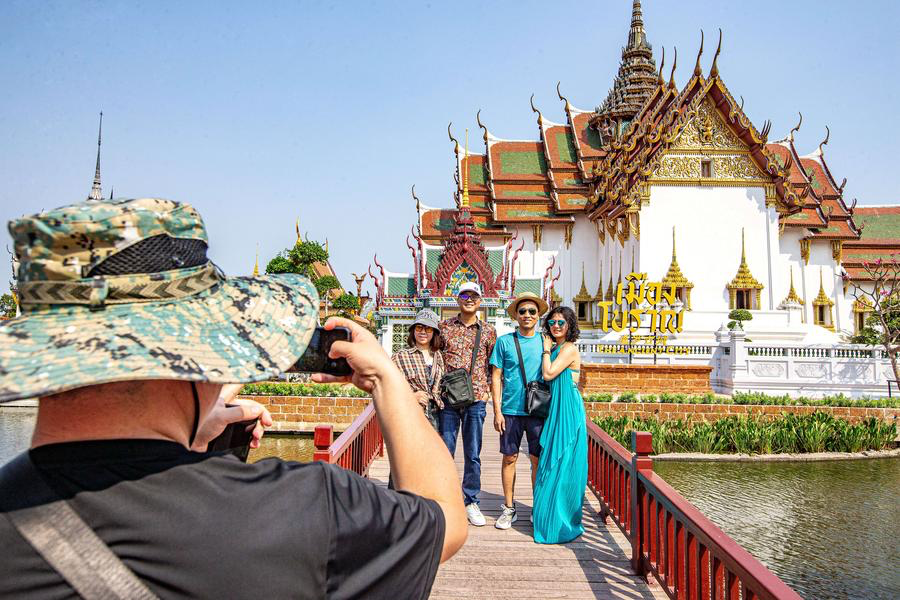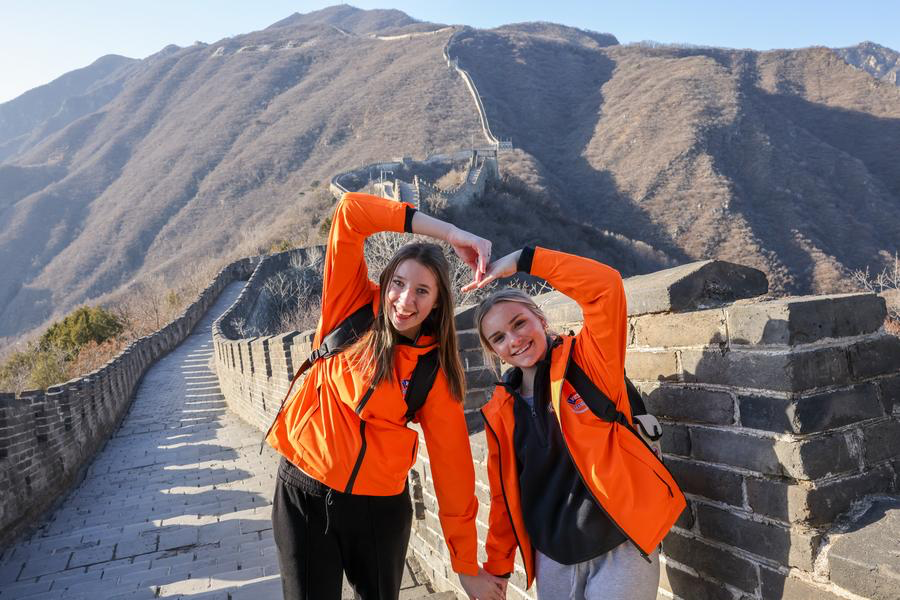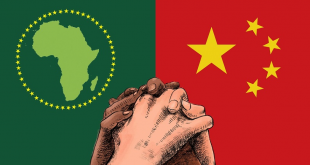Published: April 05, 2024

Chinese President Xi Jinping put forward the Global Civilization Initiative (GCI) in March 2023, following the Global Development Initiative and the Global Security Initiative.
Here are three things to know about this major global initiative.
RESPECT FOR CIVILIZATION DIVERSITY
Xi proposed the GCI at a dialogue between the Communist Party of China and other global political parties held via video link.
The initiative, as Xi pointed out in his speech, advocates respect for the diversity of civilizations, the common values of humanity, the importance of inheritance and innovation of civilizations, as well as robust international people-to-people exchanges and cooperation.
In contrast to the Western claims of “superiority of certain civilizations and clash of civilizations,” China has called for upholding the principles of equality, mutual learning, dialogue and inclusiveness among civilizations. It emphasizes the importance of cultural exchanges transcending estrangement, mutual learning transcending clashes, and coexistence transcending feelings of superiority.
Chinese culture itself is very diverse, so the “GCI is a very rightly promoted idea because, through the experience of the country’s vast cultural landscape, it knows that unity in diversity is the most beautiful thing, and can inculcate the spirit of respecting other people’s cultures, which is the only way forward for world peace,” former Pakistani Minister for National Heritage and Culture Syed Jamal Shah told Xinhua in a recent interview.
The GCI, along with the Global Development Initiative and the Global Security Initiative, has won international support as an important public good China has provided to the world.
“These global initiatives reflect China’s vision and foreign policy toward the world to achieve development, prosperity, security and stability in the entire world, and define the path that China has set to deal with others,” said Ali bin Ibrahim Al-Maliki, assistant secretary general of the Arab League.
China and Zambia, for example, have agreed to take the lead in implementing the GCI by enhancing civilizational exchanges and amity between their peoples.

Members of a delegation of high school students from the U.S. state of Washington pose for a photo at the Mutianyu section of the Great Wall in Beijing, capital of China, March 20, 2024. (Xinhua/Yin Gang)
FLOURISHING PEOPLE-TO-PEOPLE EXCHANGES
A group of high school students from the U.S. state of Washington were in China from March 17 to 27. During this trip, they visited Chinese landmarks like the Great Wall and the Forbidden City, and engaged in martial arts and fan painting alongside their Chinese peers.
This delegation was part of an initiative to invite 50,000 American youths to China for exchanges and study purposes, announced by Xi during his visit to the United States in November last year.
The history of China-U.S. relations is one of friendly exchanges between the two peoples. Its existing chapters are written by the people, and the future will of course be shaped by the people, Xi said in his recent meeting with representatives from the U.S. business, strategic and academic communities.
As the Kazakhstan tourism year in China in 2024 was launched last week, Xi noted that in recent years, people-to-people exchanges between the two countries have been on the rise, as evidenced by the entry into force of the agreement on mutual visa exemption, the signing of the agreement on the establishment of cultural centers in each other’s countries, the operation of the Luban Workshop, and frequent youth exchanges.

Chinese tourists pose for a group photo at Ancient Siam in Samut Prakan, Thailand, March 1, 2024. (Xinhua/Wang Teng)
With the mutual visa exemption policy between China and Thailand coming into effect in March, the number of countries with such an entry policy with China has increased to 23, including Singapore, the Maldives, and the United Arab Emirates.
In addition, China has adopted a visa-free policy for countries including France, Italy and Germany. The implementation of the new policy has greatly streamlined travel planning for nationals of the relevant countries.
EXPLORING PATHS TOWARD MODERNIZATION
“All civilizations created by human society are splendid. They are where each country’s modernization drive draws its strength and where its unique feature comes from,” Xi had said, calling on countries to explore diversified paths toward modernization.
Chinese modernization is one of a huge population, of common prosperity for all, of material and cultural-ethical advancement, of harmony between humanity and nature, and of peaceful development, according to Xi.
In advancing modernization, China will neither tread the old path of colonization and plunder, nor the crooked path taken by some countries to seek hegemony once they grow strong. What China pursues is the right course of peaceful development, he said.
“Whilst modernization is a global process and a universal aspiration, it can take and assume radically different forms,” argued Keith Bennett, an international relations consultant based in London.
Chinese modernization “represents something fundamentally new,” something that will come to be seen as a modernization that is actually comprehensive, equitable and sustainable, Bennett said.
“The Chinese path to modernization has become quite attractive to the developing countries,” said CavinceAdhere, a Kenya-based international relations scholar.
Xinhua
 Africa -China Review Africa -China Cooperation and Transformation
Africa -China Review Africa -China Cooperation and Transformation
